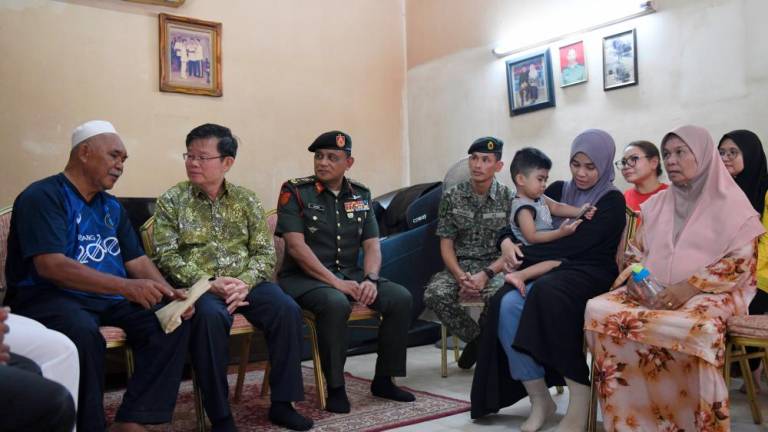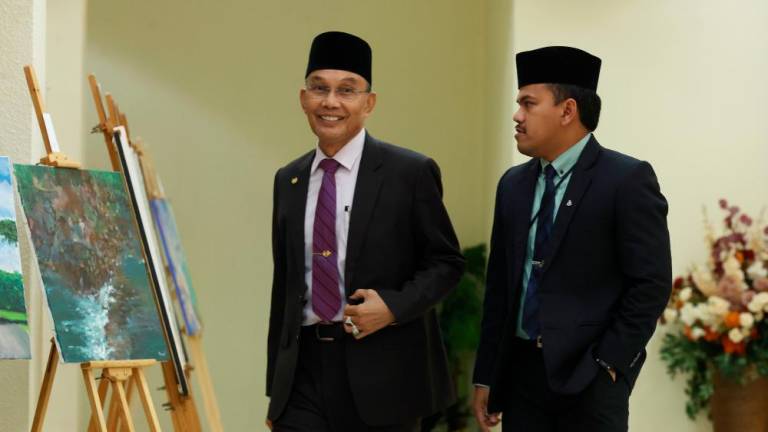BY BRIDGET MENEZES
THE news today is loaded with issues of communal hatred, terrorism and violence. In our multicultural society, it is important to talk about the much-neglected virtue of tolerance, both as a social harmoniser and a personal quality.
Tolerance means to accept differences and changes with grace; it is a wilful acceptance of things as they are. It means to be calm with people and situations that we may not be in agreement with.
It is to maintain our inner balance and dignity while facing tests and challenges.
Tolerance does not mean to approve of others’ behaviour and approach; it is a way of showing respect for the essential humanity in every person.
In a world with a wide diversity of beliefs, cultures, religions and ways of life, tolerance is needed even for going about our daily business and maintaining cordial relationships.
All of us use this virtue in varying degrees while living with our families, working in offices and using public services. In fact, it plays a part in everything we achieve together.
Tolerance, along with patience, is a prerequisite to experiencing and sharing love, peace and joy. Without its input, the human mind is prone to being judgmental, addicted to looking outwards and deprived of inner calm.
Intolerance makes us into a rattling and fuming engine that derails every now and then from its path.
Tolerance, on the other hand, helps us accept our surroundings and focus our mental faculties on the self, the only zone where our efforts yield results. It thus checks the leakage of spiritual energy and is instrumental in making the soul self-sufficient.
To many of us, tolerance might appear to be a weapon of the weak. The fear of being treated like a doormat often compels us to choose retaliation over silence.
But tolerance is, in fact, contrary to submissive behaviour. It is a virtue independent of fear or favour and an act of great courage.
A tolerant person understands that silence can many times be mightier than speech and so uses self-restraint to steer through the situation. He understands that in silence, many complex things get sorted out by themselves, and so does not succumb to the impulse of reacting or interfering.
When we react, we stoop to the level of the other person, throwing away our self-respect. Anger and ego bring us to the boiling point and we end up multiplying troubles instead of resolving matters.
Bridget Menezes is the author of Second Edition of Self-Empowerment and Spiritual Counsellor. Readers can email her at lifestyle.bridget @thesundaily.com.









